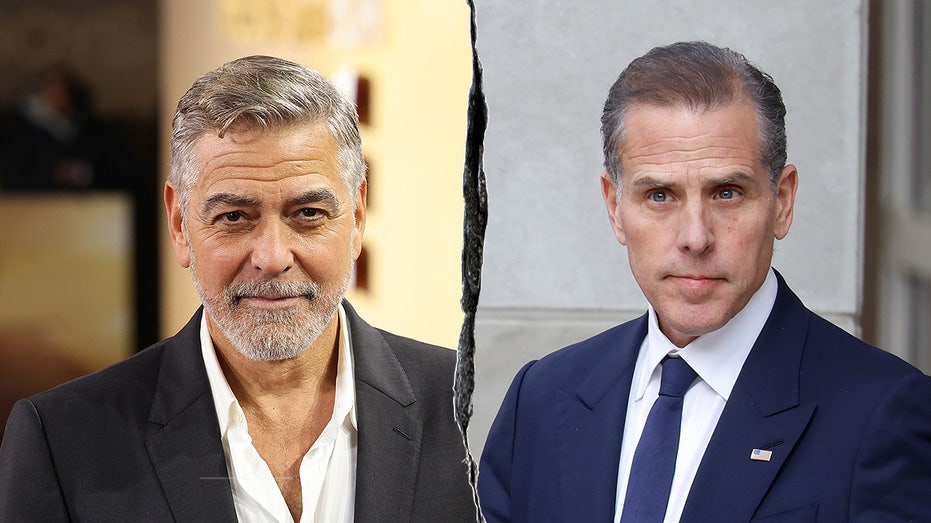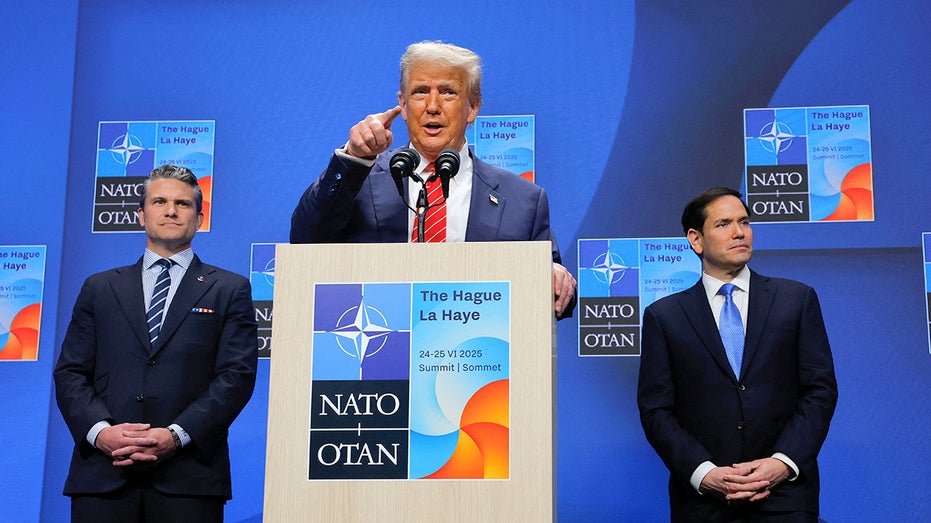Brief
As the Trump administration shifts the cultural narrative, the Right redefines cancel culture, advocating forgiveness for past mistakes and broader debate on controversial issues.
The concept of 'cancel culture' has been a hot topic for the past decade, particularly among those on the Right. The idea was that the Left was using race and gender issues to limit debate, socially isolating anyone who didn't comply. Think teenagers barred from college for singing rap lyrics or political figures tripped up by outdated terms.
But now, under the second Trump administration, the rules seem to be changing. Take the appointments of Robert F. Kennedy Jr. and Pete Hegseth. In Trump's first term, these nominations might have been dead on arrival, given the controversies surrounding them. Yet, Senate Republicans stood their ground and confirmed both men.
Then there's the case of Marko Elez, a DOGE staffer outed by left-wing journalists for old social media posts, including some pretty cringe-worthy stuff. He resigned, expecting the usual backlash. But instead, his colleagues, including Vice President J. D. Vance, supported him, arguing that youthful social media blunders shouldn't ruin lives. What would have been a career-ender five years ago turned into a minor setback. Elez got his job back, proving that forgiveness might be making a comeback. It's like, can we all just chill a bit?
Of course, you can't just 'cancel cancel culture.' There will always be standards of behavior, and those who break them will face consequences. The real question is: Who sets those standards, and what values do they reflect?
When the Left controlled the cultural narrative, they used intersectionality and critical race theory to police discourse. Violate those principles, and you risked being publicly shamed. But now that the Right is gaining influence, there’s an opportunity to redefine those values and broaden the scope of acceptable debate. This shift will determine how the Right protects its own from unfair attacks and holds political opponents accountable.
As we move forward, upcoming nominations will test these new rules. While RFK Jr. and Hegseth grabbed headlines, lower-profile nominees will also face scrutiny. Republicans should avoid knee-jerk reactions and consider each case in context. After all, social media posts, often laced with irony, shouldn't automatically lead to social and professional ruin.
If we can rewrite the rules of cancel culture, the Trump presidency could usher in a new era of cultural freedom. And the Right can move from playing defense to leading based on its own principles. It's about time, TBH.




